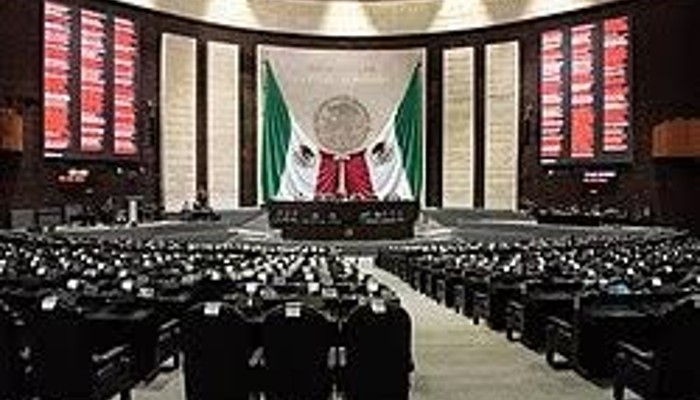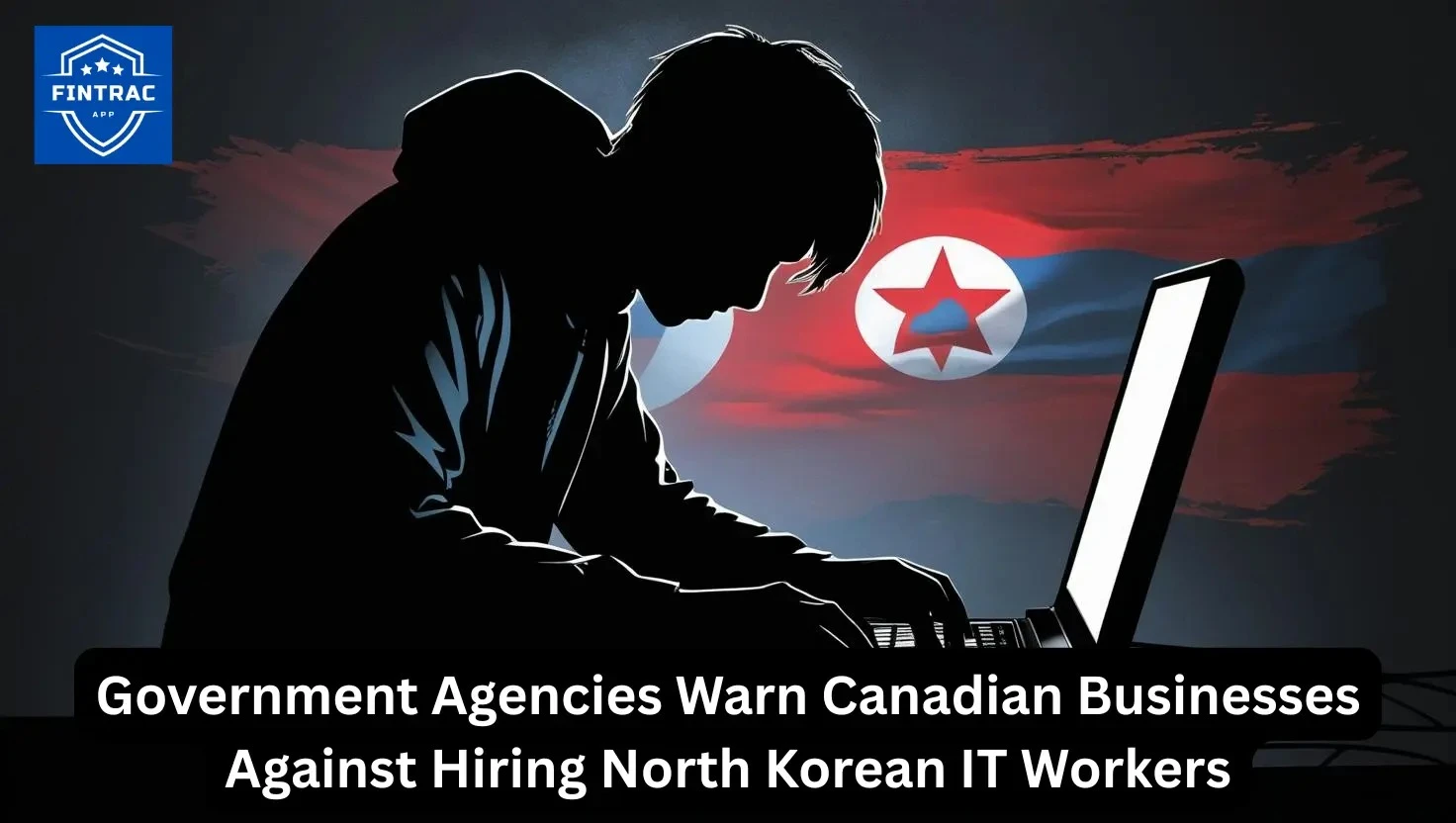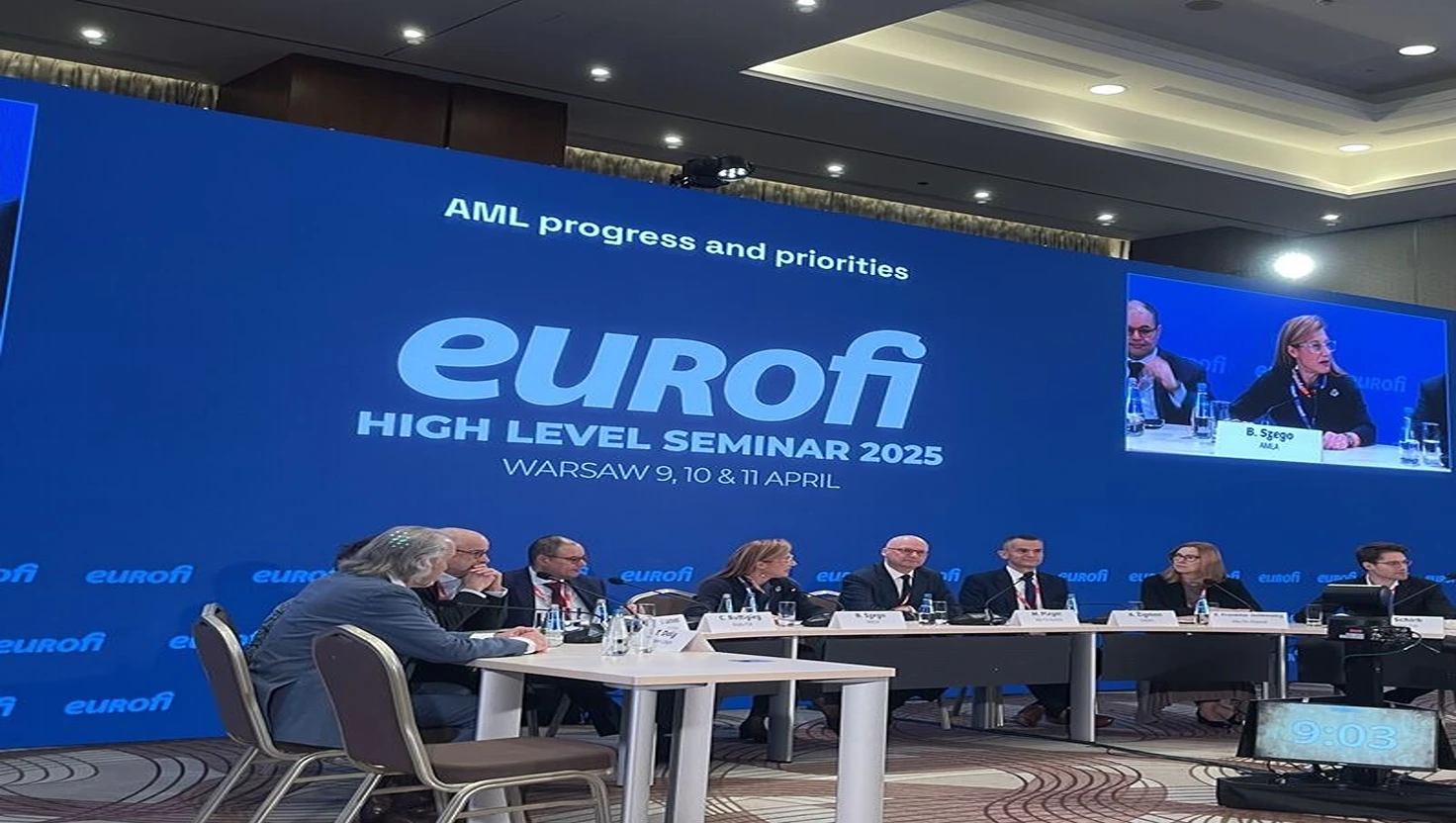Mexico Approves Anti-Money Laundering Reform, Targets New Sectors

Mexico Approves Anti-Money Laundering Reform, Targets New Sectors
Mexico's new anti-money laundering reform targets diverse sectors, aiming to strengthen compliance and oversight amid mixed reactions.
Mexico’s Chamber of Deputies has approved a reform to the Federal Law for the Prevention and Identification of Operations with Illicit Resources and the Federal Penal Code. This legislative change aims to strengthen the nation’s anti-money laundering (AML) framework and enhance transparency in financial operations. The reform has garnered both support and criticism from various political factions and civil society.
The legislation, which had previously cleared the Senate, received backing from the ruling coalition, including the National Regeneration Movement (MORENA), the Labour Party (PT), and the Green Party (PVEM), securing 297 votes in favour. In contrast, the National Action Party (PAN) and the Citizens' Movement (MC) chose to abstain, while the Institutional Revolutionary Party (PRI) voted against it. In the final detailed vote, 349 were in favour, 38 opposed, and 91 abstained.
One key aspect of the reform is the expansion of the list of 'vulnerable activities.' This term categorises sectors that will now be required to report any suspicious transactions. New additions include real estate development, cryptocurrency trading, and trust service providers. Entities in these sectors must identify and report the ultimate beneficiaries of financial transactions to the Ministry of Finance.
The reform also broadens the scope of authorities permitted to investigate money laundering. The National Guard has now been included alongside existing agencies such as the Financial Intelligence Unit (UIF), the Attorney General’s Office (FGR), the Ministry of Finance, and the Ministry of Security.
However, one of the most contentious elements of the reform is the definition of politically exposed persons (PEPs). This term refers to individuals who hold or have held prominent public roles in Mexico or abroad. With this legislative change, authorities are empowered to monitor the financial activities of these individuals, raising concerns among some lawmakers.
Critics, including Deputy Juan Ignacio Sampiero from the Citizens' Movement, argue that the vague definitions surrounding PEPs could lead to political persecution and arbitrary decisions by government officials. His concerns are echoed by PAN Deputy Héctor Saúl Téllez, who stated that the legislation allows for the investigation of anyone associated with a PEP, including family and friends. He described it as an excessive measure that could undermine personal freedoms.
In defence of the reform, MORENA Deputy Julio César Moreno highlighted that the legislation was crafted with input from civil society, financial institutions, and international bodies. “These proposals enriched the reform. They aim for balance and effectiveness in the fight against money laundering, without imposing unfair rules on those who pose no risk,” he asserted.
The passing of this reform marks a significant move in the Mexican government’s ongoing battle against money laundering, reflecting broader international trends towards tightening financial regulations. As Mexico seeks to align its AML framework with global best practices, observers will be closely monitoring the implementation and impact of these changes in the coming months.
The legislation, which had previously cleared the Senate, received backing from the ruling coalition, including the National Regeneration Movement (MORENA), the Labour Party (PT), and the Green Party (PVEM), securing 297 votes in favour. In contrast, the National Action Party (PAN) and the Citizens' Movement (MC) chose to abstain, while the Institutional Revolutionary Party (PRI) voted against it. In the final detailed vote, 349 were in favour, 38 opposed, and 91 abstained.
One key aspect of the reform is the expansion of the list of 'vulnerable activities.' This term categorises sectors that will now be required to report any suspicious transactions. New additions include real estate development, cryptocurrency trading, and trust service providers. Entities in these sectors must identify and report the ultimate beneficiaries of financial transactions to the Ministry of Finance.
The reform also broadens the scope of authorities permitted to investigate money laundering. The National Guard has now been included alongside existing agencies such as the Financial Intelligence Unit (UIF), the Attorney General’s Office (FGR), the Ministry of Finance, and the Ministry of Security.
However, one of the most contentious elements of the reform is the definition of politically exposed persons (PEPs). This term refers to individuals who hold or have held prominent public roles in Mexico or abroad. With this legislative change, authorities are empowered to monitor the financial activities of these individuals, raising concerns among some lawmakers.
Critics, including Deputy Juan Ignacio Sampiero from the Citizens' Movement, argue that the vague definitions surrounding PEPs could lead to political persecution and arbitrary decisions by government officials. His concerns are echoed by PAN Deputy Héctor Saúl Téllez, who stated that the legislation allows for the investigation of anyone associated with a PEP, including family and friends. He described it as an excessive measure that could undermine personal freedoms.
In defence of the reform, MORENA Deputy Julio César Moreno highlighted that the legislation was crafted with input from civil society, financial institutions, and international bodies. “These proposals enriched the reform. They aim for balance and effectiveness in the fight against money laundering, without imposing unfair rules on those who pose no risk,” he asserted.
The passing of this reform marks a significant move in the Mexican government’s ongoing battle against money laundering, reflecting broader international trends towards tightening financial regulations. As Mexico seeks to align its AML framework with global best practices, observers will be closely monitoring the implementation and impact of these changes in the coming months.

Government Agencies Warn Canadian Businesses Against Hiring North Korean IT Workers
Canadian officials warn businesses about risks from hiring North Korean IT workers, highlighting legal and cybersecurity concerns.
| 2025-07-18

New rules for BC mortgage industry to combat money laundering
B.C. introduces the Mortgage Services Act to strengthen protections for homebuyers and combat money laundering in the real estate sector.
| 2025-07-18

EU Anti-Money Laundering Authority Warns Crypto Businesses
The EU's new Anti-Money Laundering Authority warns cryptocurrency firms of upcoming regulations aimed at combating financial crime.
| 2025-07-18

Canada's Financial Institutions Warned on Transactions Linked to Iran
CANADA: Financial authorities issue directive amid concerns over Iran's financial activities and international risks.
| 2025-07-15

Algeria Blacklisted by EU for Money Laundering and Terrorism Financing
The European Union has blacklisted Algeria due to severe money laundering and terrorism financing concerns, prompting urgent security meetings.
| 2025-07-12



